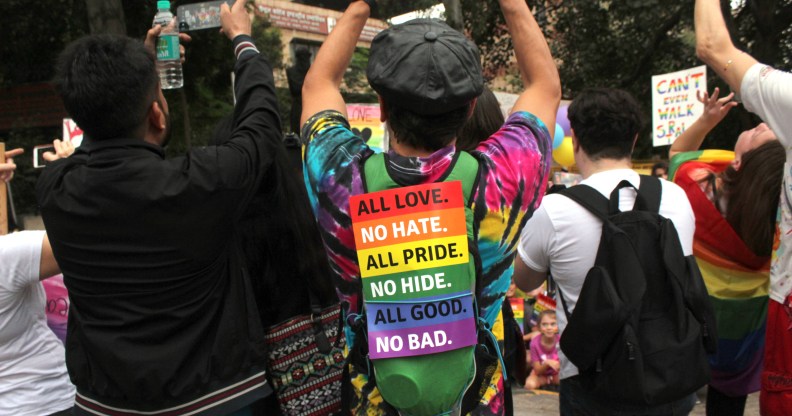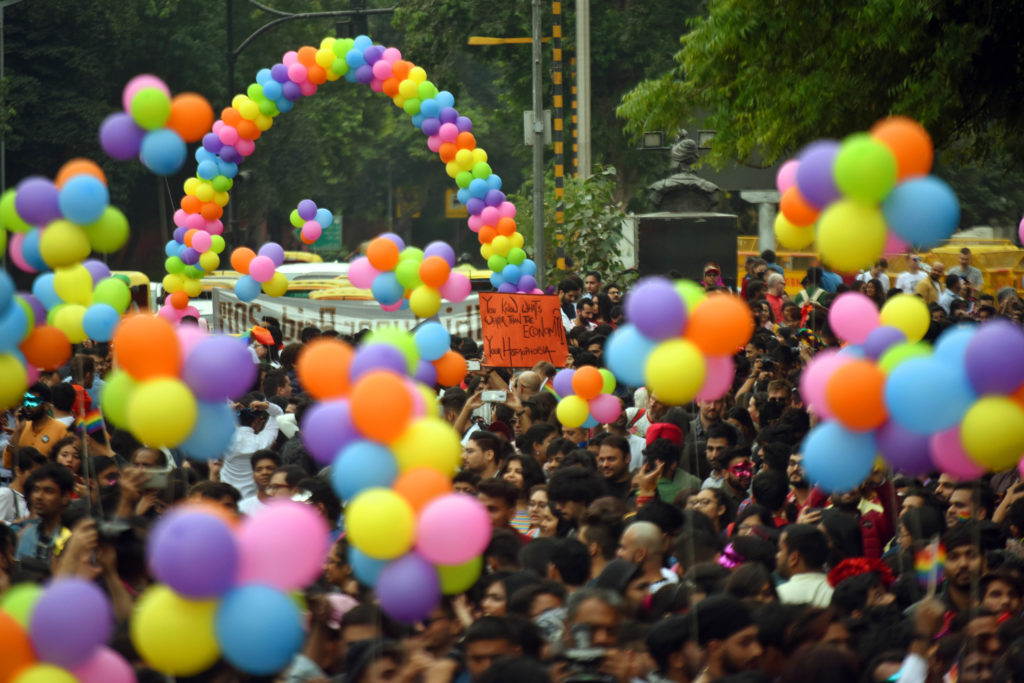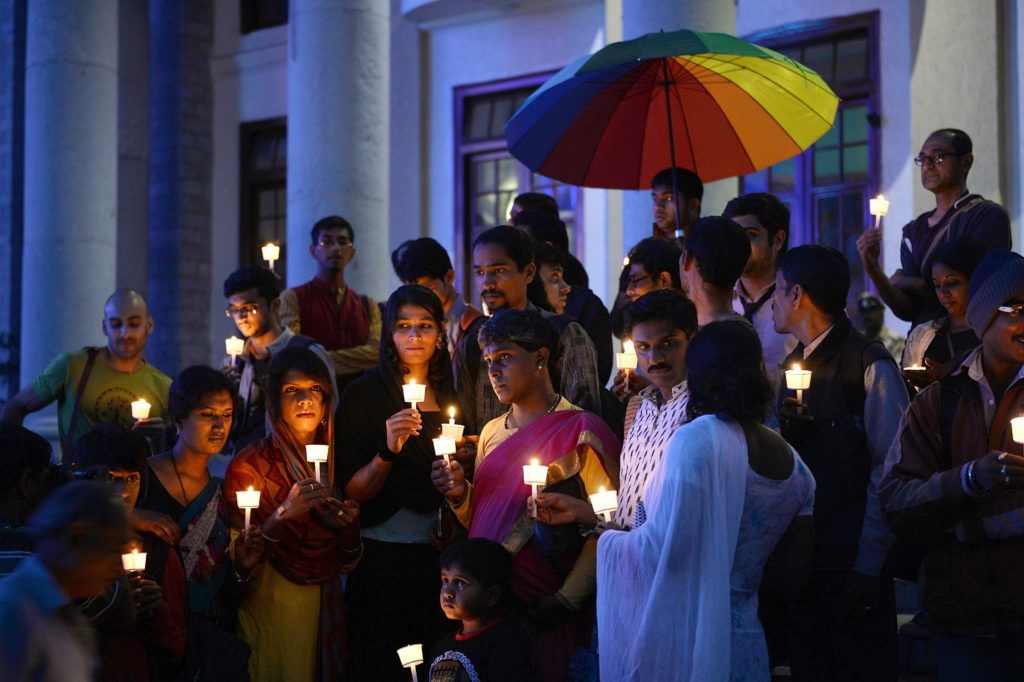India passes ‘dehumanising’ trans rights bill despite immense pressure from queer activists

Trans groups have been nervous about the stability of their rights since Bharatiya Janata Party leader Narendra Modi was re-elected as Chowkidar. (Photo by Mayank Makhija/NurPhoto via Getty Images)
Despite intense pressure from gender-diverse groups and a 1,000-strong march against it, Indi’s parliament yesterday passed a ‘trans rights bill’ dubbed “dehumanising” by activists.
The Rajya Sabha – parliament’s upper house in India – paved the way for a bill that has been a lightning rod for criticism for how it does more to infringe on trans rights than protect them.
Opposition lawmakers attempted to scupper the bill by sending it to be scrutinised further by the select committee, but this was voted down.
‘The trans community has called this bill regressive and hard-hearted,’ says India lawmaker.
After the lower house in India, the Lok Sabha, cleared the way for the bill in August, activists have ramped up efforts to encourage Rajya Sabha members to reject it.
Dravida Munnetra Kazhagam lawmaker Tiruchi Siva pushed for the Transgender Persons (Protection of Rights) to be sent to the select committee, News Committee reported.
“The trans community has called this bill regressive and hard-hearted,” he said.

Trans activists and allies march down the streets of New Delhi. (Amal KS/Hindustan Times via Getty Images)
Addressing deputy chair Venkaiah Naidu, Sivasaid: “They have asked for a comprehensive bill. A bill should be wholesome and comprehensive.
“Why don’t you give six weeks at least, send it to select committee and then you hear them out.
“A slow and steady regulation will not do any harm.”
Yet the ruling Bharatiya Janata Party-dominated house voted against the appeal, 70 noes and 55 yeses.
Why are trans people against the bill?
Ever since BJP lawmakers drafted the bill, campaigners have called for several contentious clauses to be struck.
One clause related to enforced medical examinations by a penal of district magistrates to “certify” someone is trans has been removed, according to social justice and empowerment minister Thawar Chand Gehlot.
However, several clauses appeared to remain.

Transgender activists and their supporters take part in a candle light vigil held as part of Transgender Day of Remembrance. (MANJUNATH KIRAN/AFP via Getty Images)
For example, the bill metes different punishments for crimes depending on whether the victim is trans or cis-gendered.
A penalty of six months to two years behind bars for the “sexual abuse” of a trans woman is minuscule in comparison to life in prison for the rape of a cis-gendered woman.
Moreover, the bill enshrines little to no protections for trans folk in public spaces or the workplace, despite being a central issue for many campaigners.
Allies ‘need to join the struggle now more than ever,’ activists say.
A spokesperson from Indian LGBT+ organisation Gaysi hounded the “dehumanising” bill’s passing.
“The bill takes away the right of trans persons to self-identify and places in them in a situation of public scrutiny of their bodies,” they told PinkNews.
These are totally just arguments against the BJP Govt's version of Transgender Rights. I stand with those who oppose the bill in its present form. https://t.co/pQo42CLyvh
— Shashi Tharoor (@ShashiTharoor) November 23, 2019
“Overall, the bill has been written without involving the Indian trans community and is a great example of bills being written by people who do not have any knowledge of or any lived experience of being part of a vulnerable community.
“These are just some of the issues with the bill, and it needs to be re-looked urgently and cis-gendered people, whether within the community or outside of it, need to join the struggle now more than ever.”

